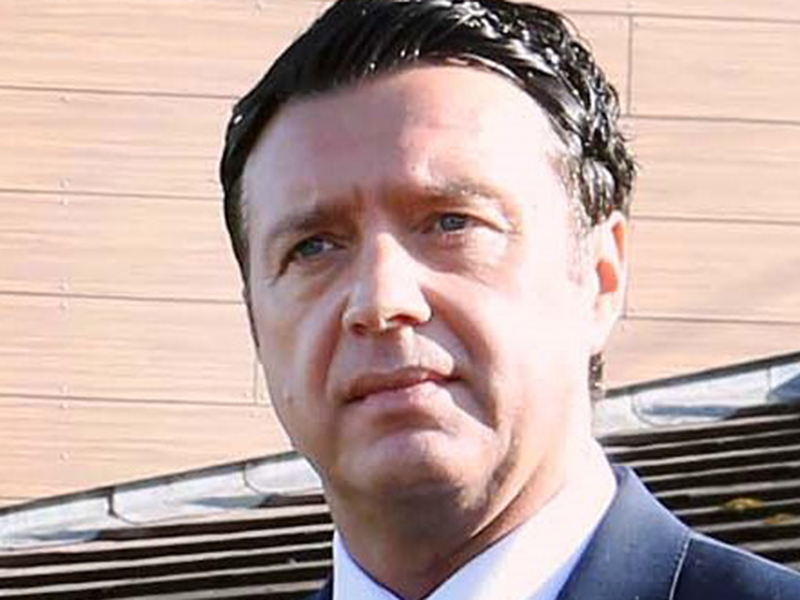Jim Gillespie on the need for collaboration in the children and young people's sector
Across Scotland, those of us working with children and young people are facing a shared challenge: how to respond to increasingly complex needs in a system that is still far too fragmented.
The lives of young people don’t fit neatly into departmental boxes - yet too often, our services still do.
To improve outcomes, we need more than good intentions and sector-specific expertise. We need genuine, joined-up working. That means breaking down silos, sharing knowledge and ensuring that teachers, social workers, youth workers, healthcare professionals and carers can collaborate meaningfully and consistently around the young person.
At a time when demand is rising sharply - particularly in mental health and neurodevelopmental services - cross-sector collaboration is not just helpful, it’s essential.
Across the country, young people are facing unprecedented challenges with mental health and neurodiversity affecting more young people now than ever before, and children and young people are coping with the acute effects of poverty, trauma, housing instability and school exclusion.
The scale of need has prompted increased investment in children’s mental health services in Scotland to rise by 58% in the past five years. But even with this funding boost, local services report ongoing pressures and delays. Specialist support remains difficult to access - especially for children with complex, overlapping needs.
This is where better collaboration can make a critical difference. The more we can share insights, expertise and approaches across disciplines, the more responsive, tailored and effective our collective support becomes.
At Kibble, we support young people aged five to 26 who have often faced extreme adversity. Many experience a combination of trauma, neurodivergence, disrupted education, and unmet mental health needs.
Supporting them effectively means working holistically - not passing responsibility from one service to another but building shared solutions around the individual. That includes everything from redesigning physical spaces with sensory needs in mind to equipping staff with trauma-informed training and developing therapeutic environments that foster trust and safety.
We know this works best when it’s not happening in isolation. When practitioners from different sectors can connect, learn and problem solve together, young people benefit.
Too often, professionals are left to operate within the confines of their own roles, even when their work overlaps. Teachers, social workers, and mental health practitioners may all be working with the same young person - but without shared systems, shared language or shared planning, we miss vital opportunities for joined-up care.
What we need is a culture of shared practice: cross-sector training, joint commissioning, co-created care plans, and more integrated service design.
In November, we’ll be gathering colleagues from across sectors for the Kibble Annual Conference to explore exactly these themes: how to learn from one another, how to embed multi-disciplinary approaches, and how to create better more cohesive support systems for young people.
Because while investment is important, the real transformation happens when people come together - across sectors, services and silos - to build something better.
Jim Gillespie is chief executive officer of Kibble.







